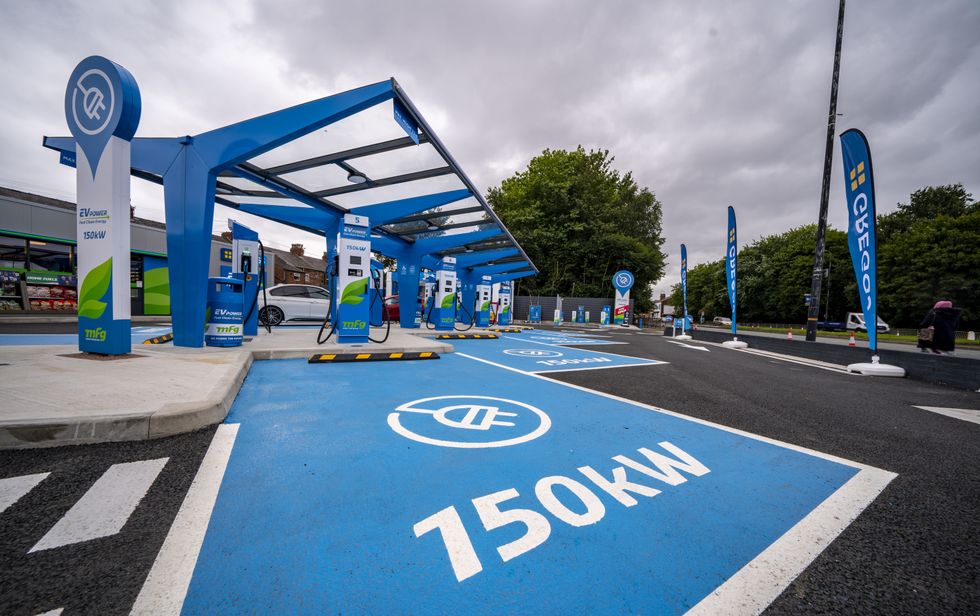Electric car drivers have been warned they face a new £2,125 luxury vehicle tax from April next year, in a move which could risk conflicting with the UK's net-zero ambitions.
The additional levy, known as the expensive car supplement, will apply to all electric vehicles priced above £40,000.
Electric vehicles had previously enjoyed an exemption from this charge since 2020 but plans to bring them back into the tax fold are now moving forward.
The hefty surcharge comes as part of wider changes to car tax announced in the recent Budget, where Rachel Reeves revealed a £1.6billion raid on motorists.
Do you have a story you'd like to share? Get in touch by emailingmotoring@gbnews.uk

While electric vehicles will pay lower standard road tax rates than petrol cars, the luxury supplement will hit the majority of new EVs due to their typically higher purchase prices.
The £425 annual surcharge must be paid between the second and sixth years of a car's lifespan, totalling £2,125 over the period. The levy applies even if the vehicle changes ownership during this time.
This tax comes in addition to standard Vehicle Excise Duty (VED), which is also changing from April for all vehicles. Electric car owners will begin paying £10 in traditional road tax for their first year, followed by a standard yearly rate of £190 thereafter.
The £40,000 threshold that triggers the luxury supplement is based on a car's list price including optional extras, regardless of any negotiated discounts. But reports suggested that if the threshold rose with inflation since its 2017 introduction, it would now stand at £51,827.
Auto Trader figures revealed that 67 per cent of electric vehicles exceed the £40,000 threshold, meaning a significant portion of drivers will now face the luxury supplement.
The impact could be substantial, with 300,000 electric motors already purchased in the UK this year, according to the Society of Motor Manufacturers and Traders.
The UK's most popular electric vehicle, the Tesla Model Y, starts at £46,990, well above the tax threshold.
Manufacturers have been reducing prices to boost sales, yet the average cost of an electric vehicle remains above the £40,000 mark.
While 37,000 more EVs have hit the road in 2024 compared with last year, they only represent 18 per cent of the new car market.
This falls below the Government's zero-emission vehicle mandate of 22 per cent, which is set to increase to 28 per cent next year. Industry experts have warned about the policy's potential impact on electric vehicle adoption.
Electric cars priced over £40,000 will see tax hikes in April
PA
But the Government acknowledged the levy will have a "disproportionate impact" on electric car buyers from April.
Officials said they will consider raising the threshold for zero-emission cars at a future fiscal event, though no timeline has been specified.

 By GB News (Politics) | Created at 2024-11-15 10:41:23 | Updated at 2024-11-15 13:43:12
3 hours ago
By GB News (Politics) | Created at 2024-11-15 10:41:23 | Updated at 2024-11-15 13:43:12
3 hours ago









